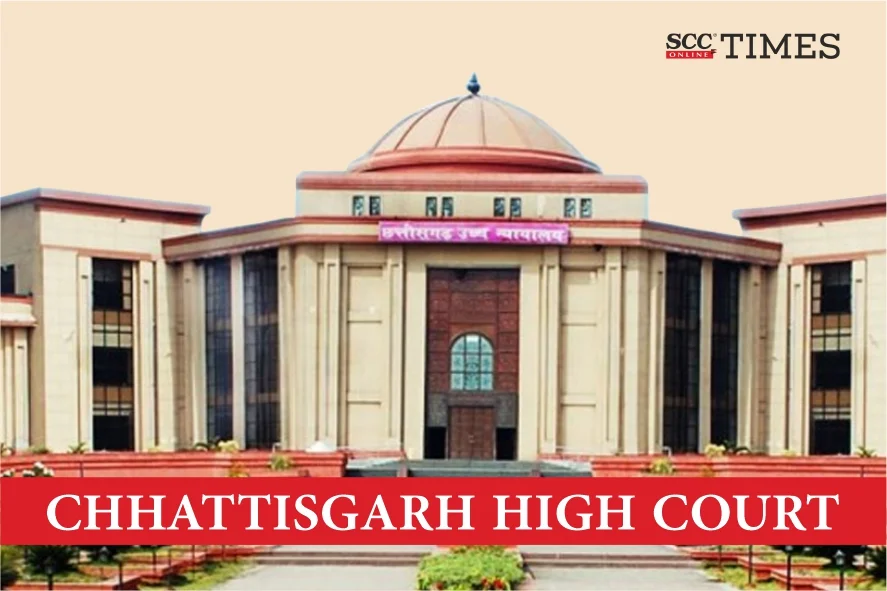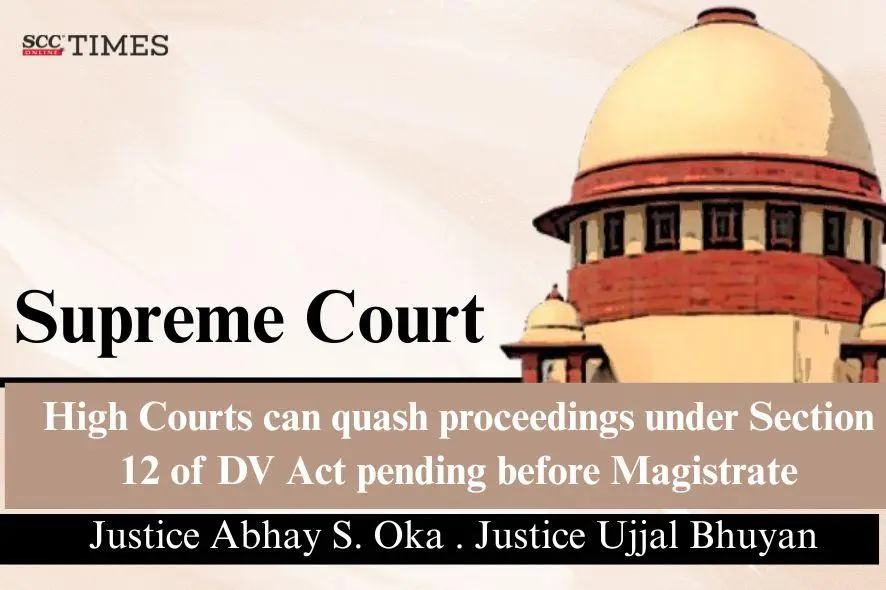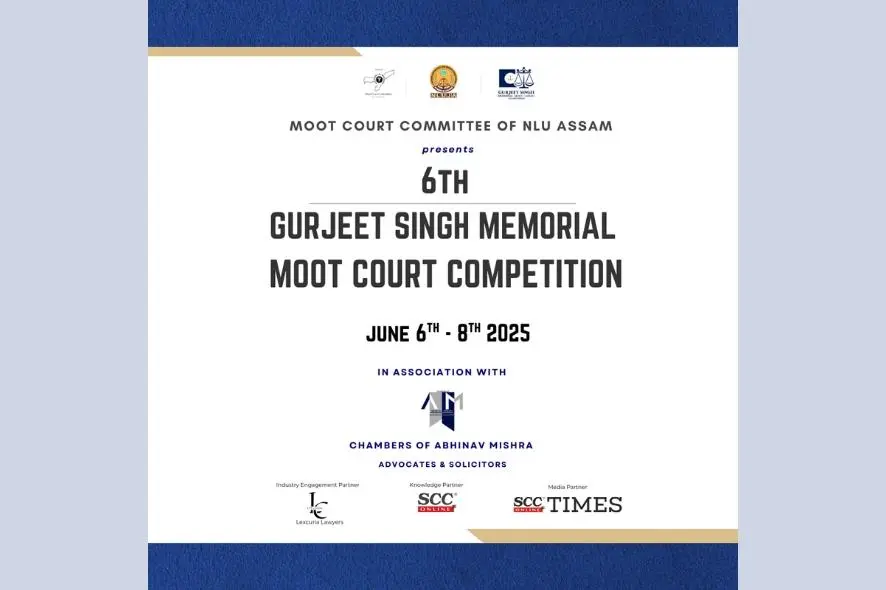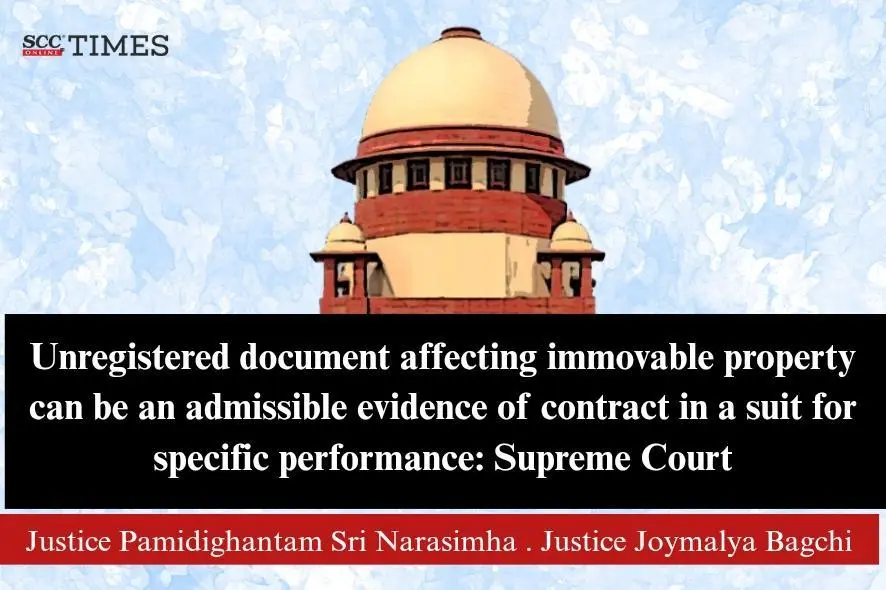Orissa High Court: The Bench of K.S. Jhaveri, CJ. and Dr A.K. Rath, J. decided the reference case revolving around the question concerning the expression “sufficient grounds” occurring in clause (b) of sub-rule (3) of Rule 1 of Order 23 CPC.
The question that propped before the Court was “Whether the expression ‘sufficient grounds’ occurring in clause (b) of sub-rule (3) of Rule 1 of Order 23 CPC should be construed ejusdem generis with the words ‘formal defect’ mentioned in clause (a) of the said sub-rule and withdrawal of suit can be permitted only if the defect is analogous to a formal defect?” The word ‘or’ appearing after clause (a) and before clause (b) was the pivotal issue. The first case that was taken into account was that of Babrak Khan v. A. Shakoor Muhammad, (1954) 20 Cut LT 643 wherein the case of Chhaju Ram v. Neki, 1922 SCC OnLine PC 11 was referred to, the case held that “sufficient grounds” occurring in clause (b) of sub-rule (2) of Rule 1 of Order 23 should be construed ejusdem generic with the words “formal defect” mentioned in clause (a) of the said sub-rule and withdrawal could be permitted only if the defect was analogous to a “formal defect”. The other case that was taken into consideration was that of Atul Krushna Roy v. Raukishore Mohanty, 1955 SCC OnLine Ori 48, wherein the Chief Justice held that the expression “other sufficient grounds” need not be restricted to only formal defects or those analogous thereto. The words were wide enough to embrace other defects as well. It was held that the provisions of Order 23 Rule 1 CPC have been specifically enacted in order to remove any possible doubt as to the meaning of words “formal defect”. The Legislature, in putting the two expressions separately in the two sub-rules, intended that the “other sufficient grounds” occurring in clause (b) need not be of a formal character.
The Court held that the view taken in Atul Krushna Roy was the correct enunciation of law and the contrary view taken in Babrak Khan was incorrect which was accordingly overruled. [Trinath Basant Ray v. Sk. Mohamood, 2019 SCC OnLine Ori 103, decided on 08-03-2019]











